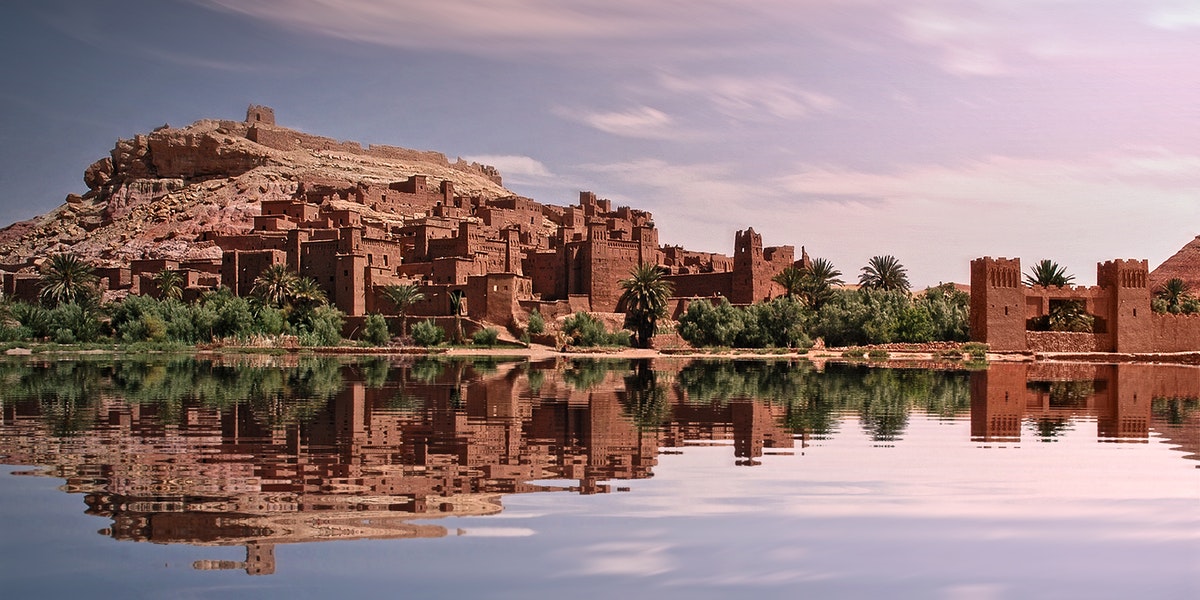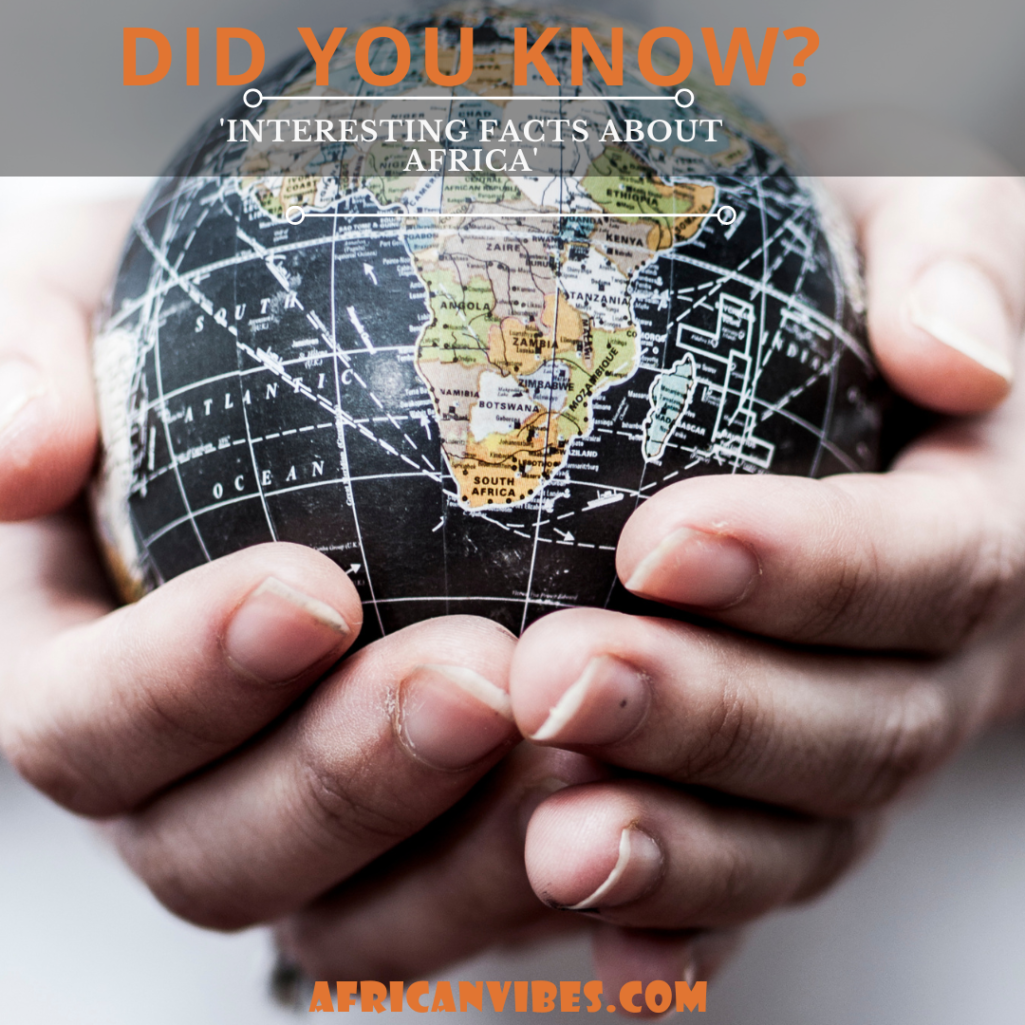Want To Move To Ghana? Here Is All You Need To Know


In 2019, Ghana held celebrations tagged The Year of Return that encouraged Africans in diaspora and African Americans to visit the country. Held to commemorate the 400th anniversary of slavery, the Year of Return served to “unite Africans on the continent with their brothers and sisters in the diaspora”. Undoubtedly, it was an outstanding success as over 500,000 tourists visited Ghana in 2019. Many of these tourists bought properties, set up businesses or made investments, and are reaping the gains today. In the wake of Blaxit, the spotlight is back on Ghana as a Star for the exodus of Black Americans.
So what will it take to make a move to Ghana?
Country Overview

Due to urbanization, most of Ghana’s young population has migrated to the urban cities, leaving the rural areas and countryside sparsely populated. Here is a fun fact; if you live around the coast in Southern Ghana, you are most likely closest to the meeting point between the prime meridian and the Equator—the center of the earth—than most of the earth’s inhabitants.
Requirements to Move to Ghana

- Proof of yellow fever vaccination
- Two passport paragraphs
- Two filled application forms
- Your passport (valid at least six months from date of application)
- Names of at least two references who live in Ghana
- A work permit from the Ghana Immigration Service (GIS)
- A resident permit (gotten after the work permit)
- Your CV/Resume and educational certificates (if applicable)
- A medical report
- A police report from your country of residence, and
- Proof of travel insurance (for your resident permit)
The Best Places To Live When You Move To Ghana

Airport Residential Area, Accra
Although a bit pricey for the middle-income class, Airport Residential Area is a choice location and one of the finest places to live in Ghana. Located 5 minutes from the Kotoka International Airport, it is clean, serene, and very secure. Prominent individuals and a large proportion of expats live here. All the basic amenities you would expect are present—malls, ATMs, hospitals, portable water, constant power supply, restaurants, and airline offices. Most of the schools in this area operate using either the British or American curriculum.
Cantonments, Accra
Here is another highbrow area. Cantonments is a properly planned residential area with many nice gated community estates. It is 15 minutes south-west of the Kotoka Airport and home to the prestigious Ghana International School (GIS), one of the best schools in Ghana. It is also quiet, clean, and secure. However, services such as restaurants and ATMs are about 15 minutes in Osu.
East Legon, Accra
About 14km northeast of the city center, East Legon houses some of the wealthiest Ghanaians. You will most likely find the biggest percentage of diaspora Ghanaians here, most of whom live in exquisite homes. East Legon is not as planned or clean as the two neighborhoods above, but it is reasonably organized and secure for any immigrant. A shopping mall serves the area, while ATMs, restaurants, and hotels are present in this area. Schools in East Legon are also of the best quality, with the University of Ghana also situated here. With the newly enacted Right of Abode Law, immigrants can own homes as soon as they settle in.
Bantama, Kumasi
Located in the Ashanti region, Bantama is a mix of industry and luxury. Bantama is a mini-city within the Central Business District. It is the right place for you if you love quick access to banks, hotels, and other economic facilities.
Cost of Living
If you’re considering a move to Ghana, note that the cost of living in Ghana is highest in Accra, as it contains the best amenities. Across other Ghanaian cities, rates are fairly moderate. Thus, a middle-class income should afford you a luxurious living. In Accra, however, the rates are much higher. On average, keeping a family of four in Accra would cost about $2,200 monthly. Single individuals spend about $600 without rent.
Away from Accra, as mentioned earlier, the cost of living is considerably lower in other cities. In Kumasi, for instance, the cost of living for expats is about $386 per month and $759 for a family of four. These rates are much lower in various other cities.
Weather & Natural Disasters
If you want to move to Ghana from a temperate region, note that Ghana has two seasons: dry and rainy season. The rainy season in Ghana’s south runs from May to June and from August to September. In the north, however, there is only one rainy season from May to September.
Precipitation is also different as there are no snows and the rain is heavier than in temperate regions. Temperatures in the southern coastal regions are warm and not too humid compared to the north. This is due to the north’s distance from the coast and closeness to the Sahara. Interestingly, you should not expect to witness natural disasters in Ghana. Earthquakes, hurricanes, and tsunamis are extremely rare occurrences.
Economy and the Job Market

The Ghanaian economy is also friendly to investors. Depending on the product/service on offer, investors find the business climate in Ghana favorable. However, a few government-backed monopolies exist in the manufacturing industry.
Cuisine

Outdoor and Recreation

Beaches
- Bojo Beach
- Busua Beach
- Labadi Pleasure Beach
- Kokrobite Beach
4WD Tours
- Accra City Tours
- Aburi Botanical Garden
- Akosombo Tour
- The Green Ranch
Although many more exist, these destinations are the best for you at the friendliest rates.
Schools and Universities

Conclusion
It is really difficult to summarize any country with words. However, we hope that the information in this article inspires many out there to take the bold step to move to Ghana. The only thing stopping you now is yourself. Prepare for the experience of your life among the people of the Gold Coast!







Responses